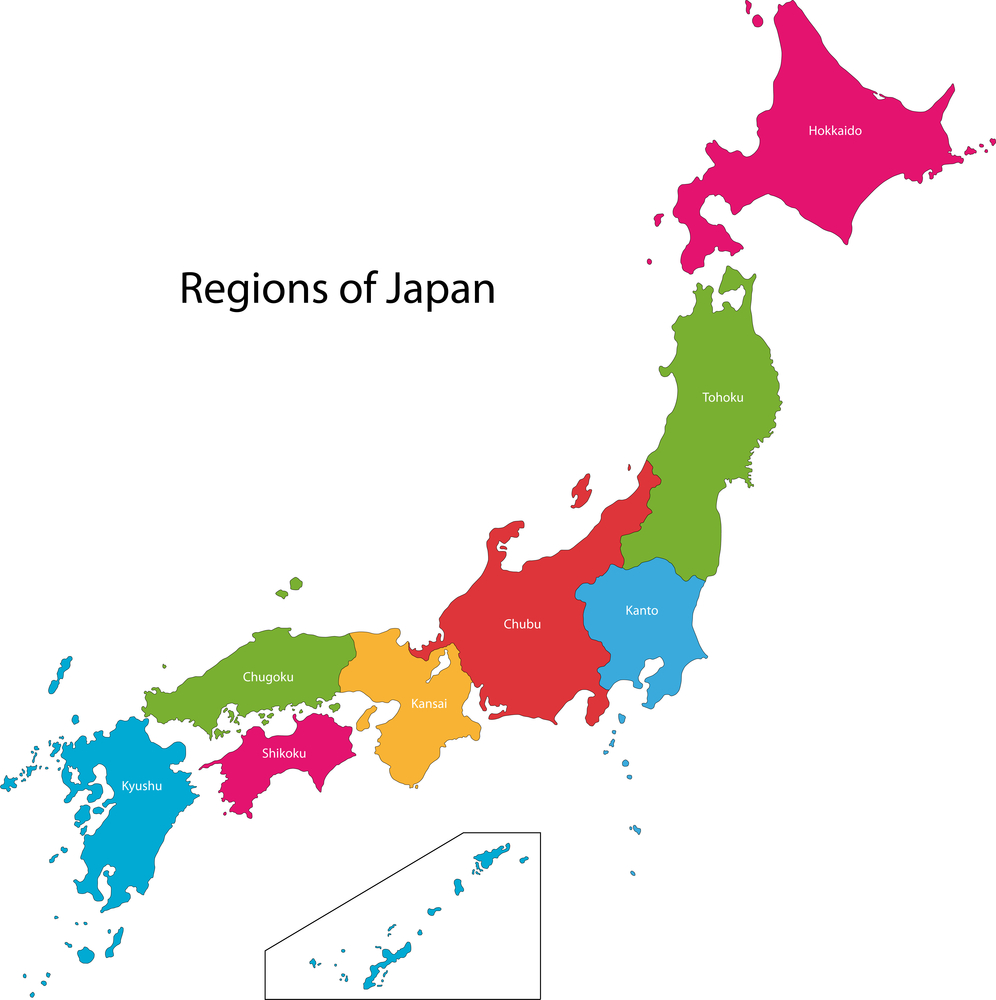Using Europe as a global pivot
One trend we have noticed in the past few years of observing Japanese companies in Europe is a move away from having global operations either directly managed by Japan HQ or via their US subsidiary. In fact there have been a few cases, usually following a major acquisition of a European company, where the Japan HQ pretty much delegates overseas management functions to the European executive team.
One such example is Asahi Glass. When it decided to set up operations in Brazil in 2013, Japan HQ made a decision to leave local management to their European managers, thereby hoping to avoid the three traps that, according to Nikkei Business, Japanese companies often fall into when entering overseas markets – 1) treating developing markets contemptuously 2) disciminatory hiring and HR practices 3) forcing the “Japanese Way” of doing things. The president of AGC Brazil is Italian – AGC reasoning that they are “both Latin cultures”.
The European team thoroughly investigated the local labour pool and came to the conclusion that there was a severe lack of high level skills, They decided to implement a brand new hiring and training system. Local media publicity attracted applications from 5371 people, which they whittled down to 600 through looking at educational attainment, and then after a written exam, this was further filtered down to 120 candidates.
These 120 candidates were sent on the Brazilian government SENSAI 3 month training scheme. Most continued working, participating in the course from 18:00 to 23:00 at night. Asahi Glass paid the training fees. Many dropped out because of the punishing schedule, and other participants were able to find jobs elsewhere, using the fact that they persisted to the end of the course to enhance their employability. In the end, Asahi Glass hired 33 people – 1% of the original applicants. Even though this may seem ineffecient, they repeated the process 4 times and were able to gather a workforce of 200 people before the factory began operations.
Around 100 of them were then sent to Europe, to factories in Italy, Hungary and France, for around 3 months. In the two years since the factory started operations, hardly anyone has left of their own accord. Some have become managers, and of the original European team of 13, only 7 remain. The Italian president expects that his successor will be Brazilian.
Nikkei Business magazine comments that Japanese companies are not as serious as they should be about hiring and developing people overseas, and that is why they are having problems hiring outside Japan. “Expatriates from Japan do their best, but does Japan HQ really give much priority to HR strategy?”
For more content like this, subscribe to the free Rudlin Consulting Newsletter. 最新の在欧日系企業の状況については無料の月刊Rudlin Consulting ニューズレターにご登録ください。
Read More
